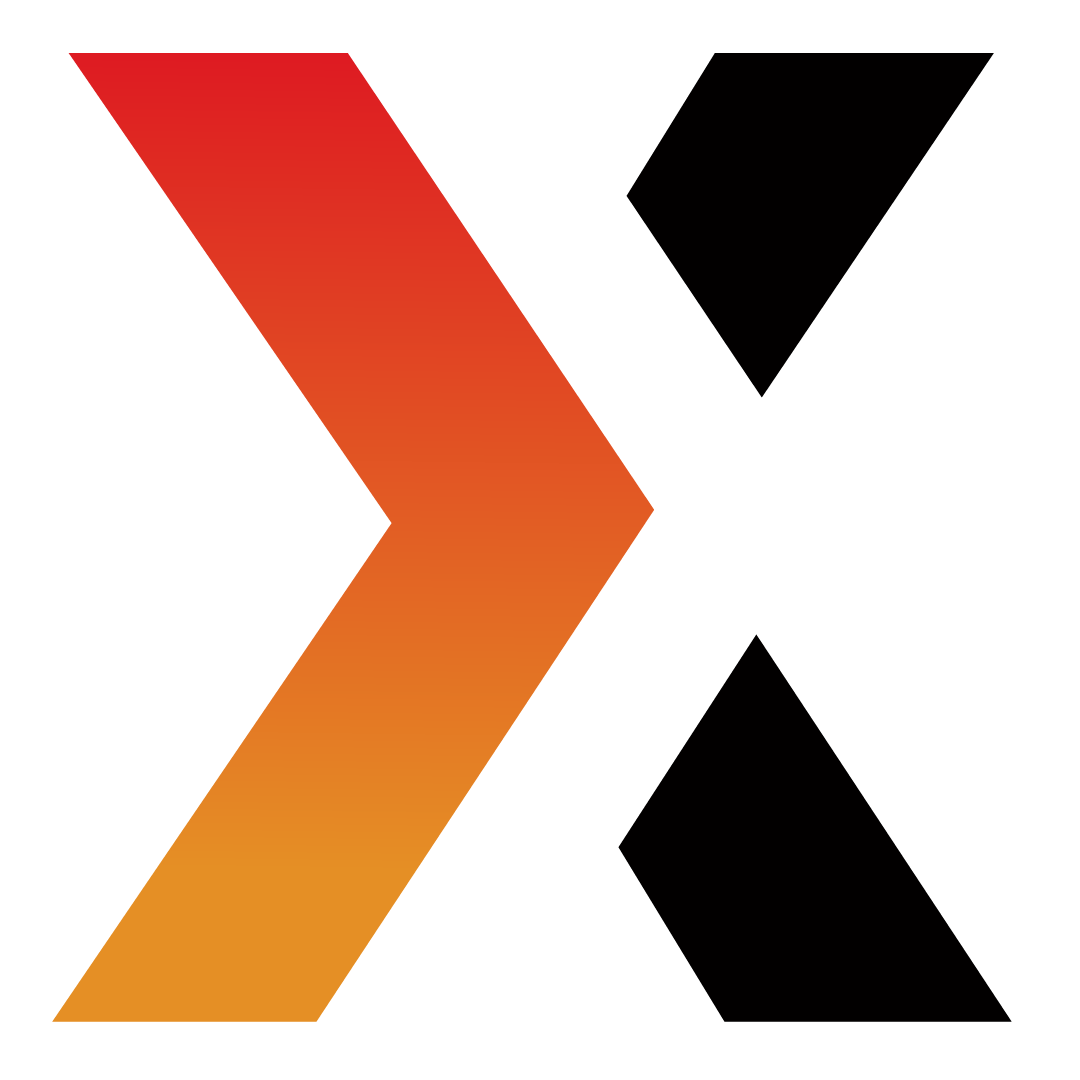How AI Enhances Lead Scoring Accuracy for Marketers
AI lead scoring has emerged as a vital tool in modern performance marketing, enabling organizations to improve the accuracy of their lead qualification efforts. By leveraging advanced algorithms and machine learning models, marketers can more precisely identify high-potential prospects, streamline marketing automation processes, and accelerate digital growth initiatives.
- AI leads to improved accuracy in identifying qualified leads by analyzing complex data patterns.
- Integration of AI enhances performance marketing strategies through data-driven decision making.
- Marketing automation benefits from AI-enabled lead scoring by increasing efficiency and reducing human bias.
- AI facilitates scalable and adaptive digital growth by continuously refining lead evaluation models.
- Understanding AI lead scoring requires a comprehensive view of its definitions, market context, and practical applications.
Lead
The query, “How AI Enhances Lead Scoring Accuracy for Marketers,” addresses the increasingly important role of artificial intelligence in optimizing lead qualification processes. AI lead scoring refers to the use of machine learning algorithms to assign values to potential customers based on their likelihood to convert. This technique is crucial for performance marketing, where precise targeting directly influences campaign success and return on investment. Marketers can leverage AI to elevate their marketing automation efforts, enabling more efficient resource allocation and driving digital growth.
Introduction
Lead scoring is essential in marketing to prioritize prospects and streamline the sales funnel. Traditional lead scoring methods relied heavily on manual evaluation and fixed scoring criteria, limiting their adaptability and precision. The adoption of AI technologies marks a significant advancement by automating lead qualification with enhanced accuracy, speed, and scalability. This shift is relevant in an era marked by vast amounts of consumer data and increasingly complex buying behaviors. Businesses of all sizes and industries benefit from AI lead scoring, particularly those employing performance marketing strategies focused on measurable outcomes and rapid digital growth.
Main Section
Definitions
AI lead scoring is the process of using artificial intelligence algorithms—such as supervised machine learning and predictive analytics—to evaluate and rank sales leads based on their potential to convert. It analyzes various data points including demographic data, behavioral signals, engagement history, and external factors to predict buying intent more accurately than traditional scoring methods.
Performance marketing refers to marketing programs where advertisers pay for specific actions, such as lead generation, conversions, or sales. It relies heavily on data analytics and optimization to maximize return on ad spend.
Lead qualification is the process of assessing whether a lead fits predetermined criteria to enter the sales process, often based on factors like fit, interest level, and readiness to buy.
Marketing automation describes technology platforms that automate repetitive marketing tasks such as email campaigns and social media posting, often integrated with CRM systems and lead scoring models.
Digital growth encompasses strategies and tactics that increase an organization’s digital presence, revenue, and customer base through online channels.
Examples of AI Lead Scoring Applications
Many organizations deploy AI lead scoring to enhance conversion rates and optimize marketing budgets. For instance, AI models can analyze website interactions, email engagement, and social media activity in real time to adjust lead scores dynamically. This enables sales teams to prioritize outreach toward the most promising prospects. Another example is integrating AI with customer data platforms (CDPs) to unify disparate data and derive more comprehensive lead insights.
Market Context
The rise of big data and the increasing availability of consumer information have created the foundation for AI lead scoring adoption. Performance marketing’s demand for measurable and scalable results has accelerated AI integration within marketing technology stacks. Gartner reports highlight that companies utilizing AI-driven marketing tools experience higher lead conversion and customer acquisition efficiency. Furthermore, the marketing automation market continues to expand, driven by AI capabilities embedded within platforms such as Salesforce Pardot, HubSpot, and Marketo.
Risks and Practical Applications
While AI lead scoring offers significant benefits, it also presents challenges. Risks include data privacy concerns, potential bias in algorithms, and over-reliance on automated decisions which may overlook qualitative factors. Therefore, proper data governance, transparency, and human oversight are critical when deploying AI-powered lead qualification systems.
In application, AI lead scoring is best used as a supplement to human expertise, providing actionable insights that amplify marketing automation. Performance marketing teams can use AI-driven scores to tailor campaigns, allocate budgets efficiently, and forecast pipeline growth more reliably. These applications collectively contribute to sustained digital growth and competitive advantage.
Summary
AI lead scoring substantially enhances lead qualification accuracy, enabling marketers to optimize performance marketing and achieve scalable digital growth. By analyzing extensive data points and learning from historical behavior, AI models provide nuanced insights into lead potential, streamline marketing automation, and reduce inefficiencies in resource allocation. While careful governance is necessary to mitigate risks related to data bias and privacy, AI-driven lead scoring represents a transformative approach that supports data-driven marketing decisions. For comprehensive insights and updates on marketing automation and AI technologies, explore Deluux newsletter.










